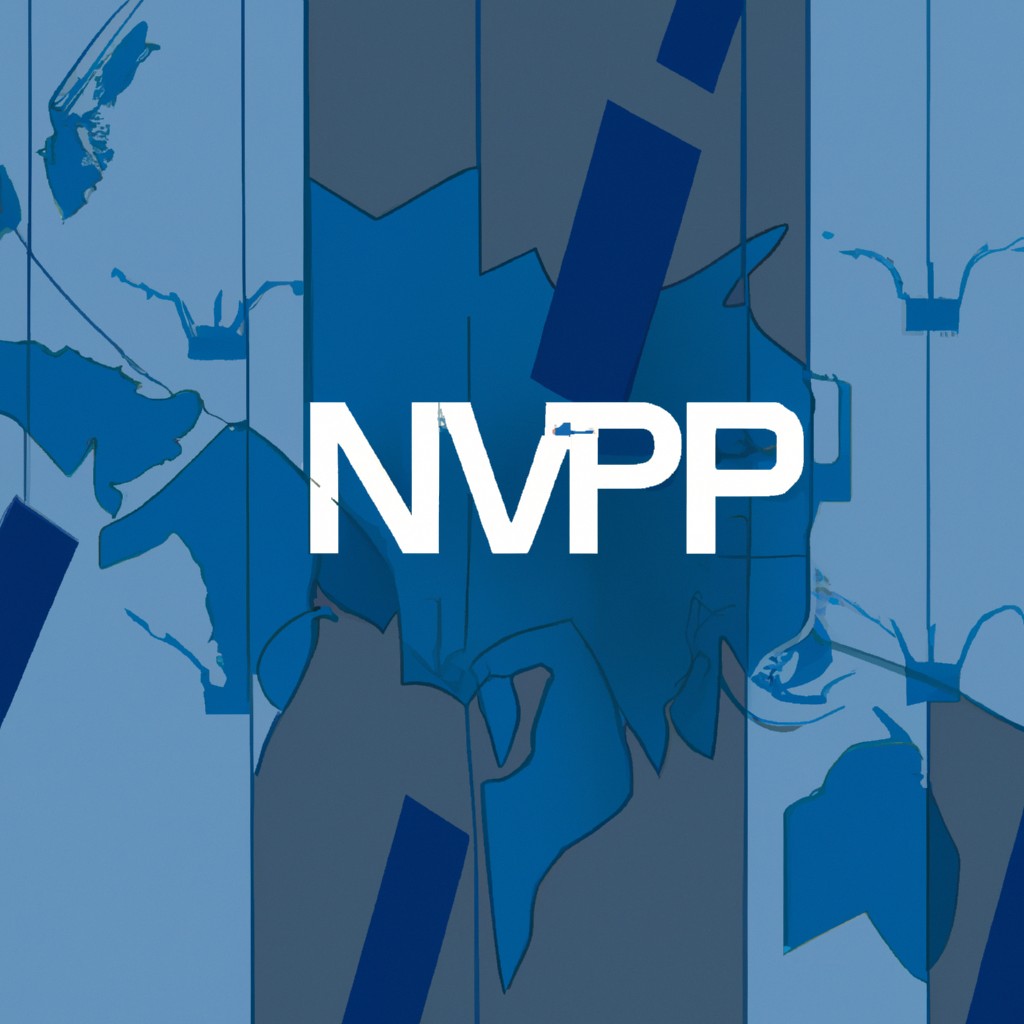The Ultimate Guide to Using a VPN on Your iPhone
As a smartphone user, you’re probably no stranger to the importance of online security and privacy. But did you know that using a Virtual Private Network (VPN) on your iPhone can offer numerous benefits beyond just protecting your personal data? In this article, we’ll explore why using a VPN on your iPhone is a must-have for anyone who wants to stay safe and secure online.
What Is a VPN, Anyway?
A VPN is a tool that creates a secure, encrypted tunnel between your device and the internet. This means that your data is hidden from prying eyes, and your online activities are protected from interception by hackers or snoopers. Think of it like a secure, digital safebox for your online communications.
How Does a VPN Work?
A VPN works by establishing an encrypted connection between your iPhone and a VPN server. Here’s a simplified overview of the process:
bash
# Connect to a VPN server using OpenVPN
openvpn --config /path/to/config/file
When you connect to a VPN server, your data is routed through the secure tunnel, ensuring that it remains encrypted and private.
Why Do You Need a VPN on Your iPhone?
Here are three compelling reasons why using a VPN on your iPhone is essential:
1. Protecting Yourself from Public Wi-Fi Risks
When you connect to public Wi-Fi networks, you’re essentially inviting potential security risks into your home. Hackers could be lurking on the network, waiting to intercept your data or steal your identity. A VPN encrypts your data and routes it through a secure tunnel, making it virtually impossible for anyone to intercept and steal your information.
2. Bypassing Geo-Restrictions and Censorship
If you’re constantly on the go or enjoy streaming content from around the world, a VPN can be a game-changer. By routing your traffic through a server in a different location, a VPN allows you to bypass geo-restrictions and access content that would typically be unavailable to you due to your location.
3. Keeping Your Data Private
Even if you’re not using public Wi-Fi networks, you may still want to use a VPN to keep your data private. With a VPN, your ISP (Internet Service Provider) can’t snoop on your online activities or sell your data to third parties. This is especially important if you’re concerned about government surveillance or data breaches.
TorGuard: A Top Choice for iPhone Users
So, which VPN services are the best for iPhone users? At [Best Paid VPN], we’ve carefully reviewed various options to find the top performers. One standout service that consistently impresses us is TorGuard.
Here’s why TorGuard stands out:
- Strong Encryption: TorGuard uses advanced encryption protocols like OpenVPN and IKEv2, ensuring that your data remains secure and private.
- Fast Connection Speeds: TorGuard’s servers are strategically located around the world, providing fast connection speeds and minimal latency.
- No-Log Policy: TorGuard has a strict no-log policy, meaning that they never store or log user activity. This ensures maximum protection for your online anonymity.
TorGuard Review: Key Features and Benefits
| Feature | Description |
|---|---|
| Encryption | OpenVPN and IKEv2 protocols for secure data transmission |
| Server Locations | Over 3,000 servers in 55+ countries |
| Speed | Fast connection speeds with minimal latency |
| Log Policy | Strict no-log policy to protect user anonymity |
Conclusion
In conclusion, using a VPN on your iPhone is an essential step in protecting your online security and privacy. With TorGuard as a top choice, you can enjoy fast connection speeds, strong encryption, and a no-log policy that guarantees maximum protection for your online activities. Whether you’re looking to bypass geo-restrictions or simply want to keep your data private, a VPN is an indispensable tool for iPhone users.
Try TorGuard Today!
If you’re in the market for a top-notch VPN service for your iPhone, we highly recommend TorGuard. With its strong encryption, fast connection speeds, and no-log policy, TorGuard offers unparalleled protection for your online activities. Try it out today and experience the difference for yourself!
Recommendation
- TorGuard: A top choice for iPhone users, offering fast connection speeds, strong encryption, and a strict no-log policy.
- Other VPN Services: Consider other reputable VPN services like ExpressVPN, NordVPN, or ProtonVPN to find the best fit for your needs.



